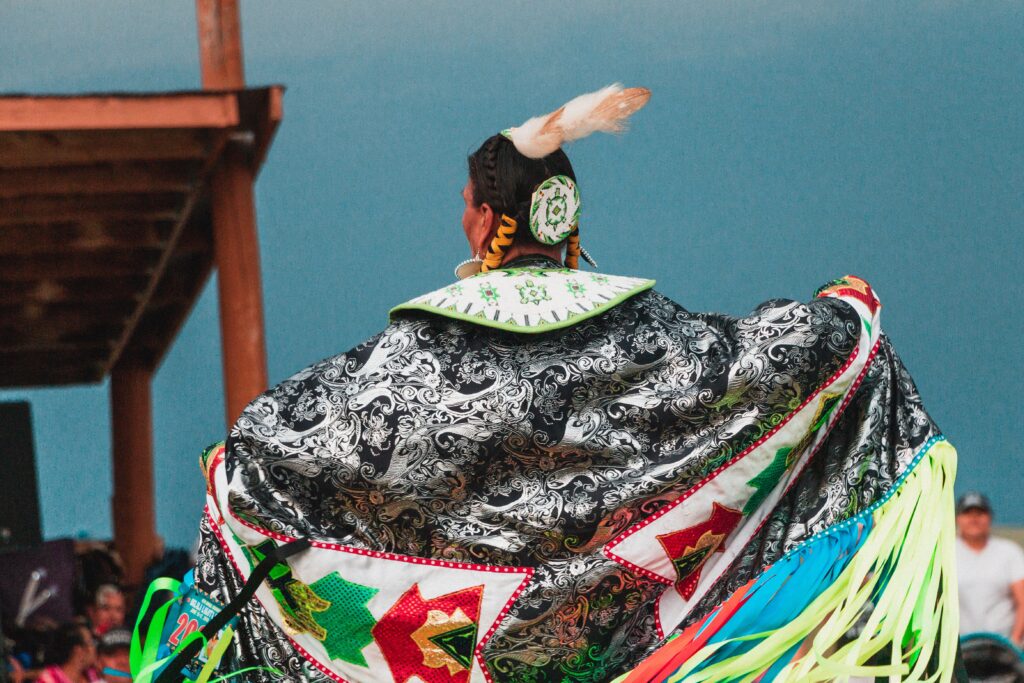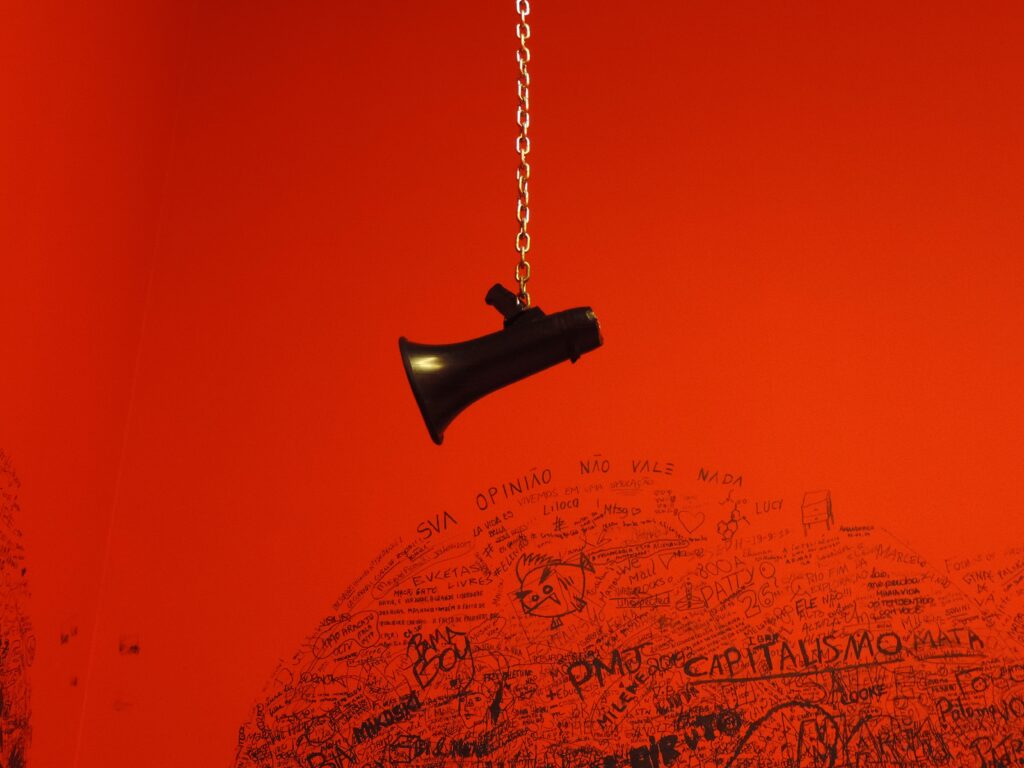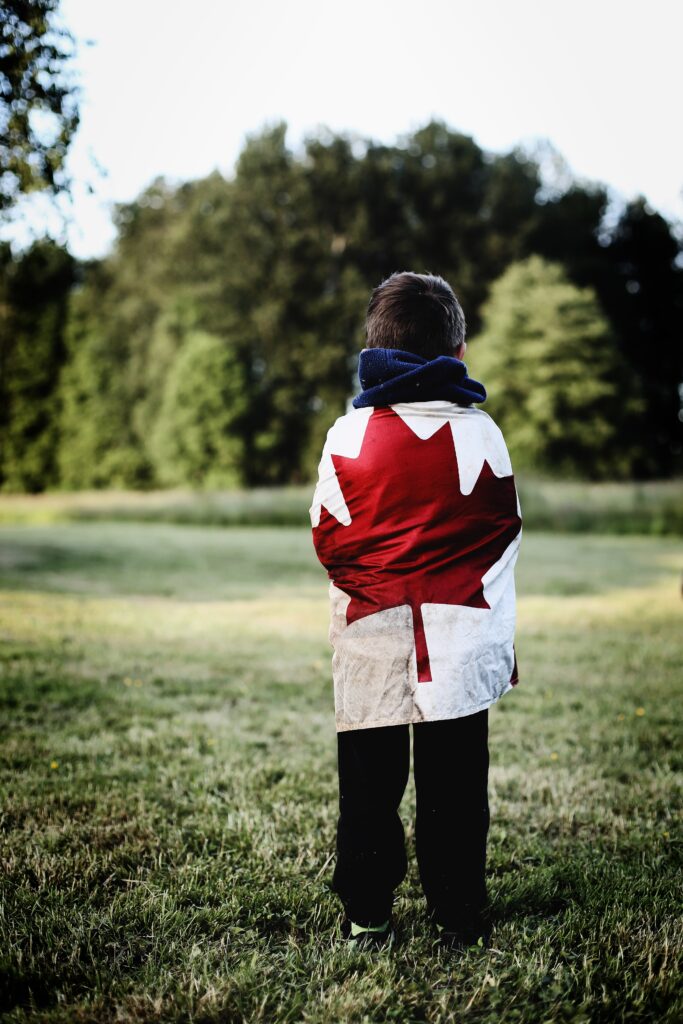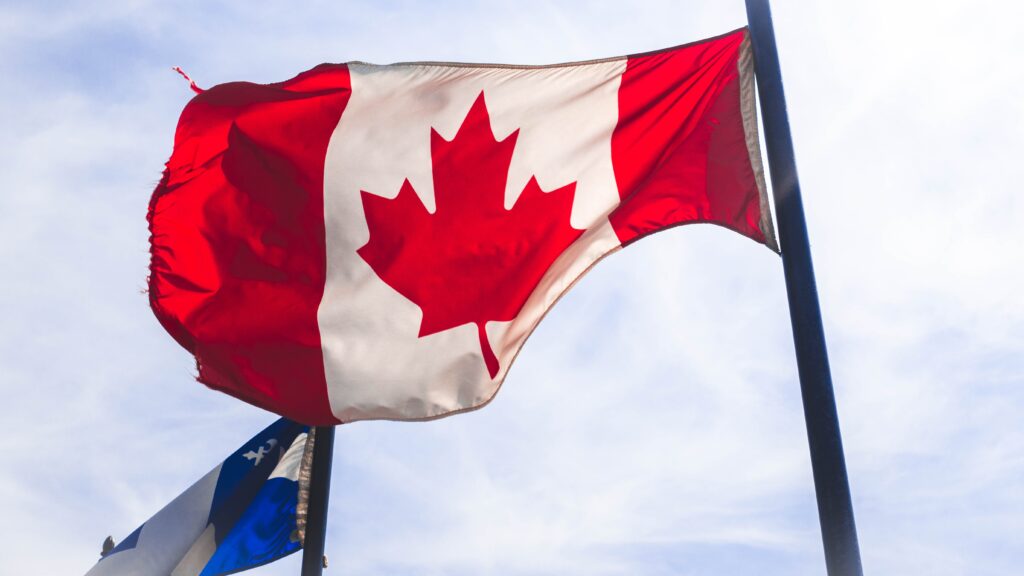The shocking revelation about the cultural genocide in Canada would have even taken Voltaire by surprise. Who is often quoted as saying-
“History is only the register of crimes and misfortunes.”
Voltaire.
Voltaire would have never imagined such horrendous secrets still exist deeply stashed in the register of history that can send chills through your spine.
This reading is not for the faint-hearted. It involves some of the most atrocious deeds undertaken by humans, which they proudly term as “Genocide.”
“Hundreds of Bones, skulls and graves of children…Canada” as these words spread like wildfire, the world shuddered in despair, and the Canadians were intimidated at their own historical past.

picture credits@ Andre James
The Canadian policy of Assimilation-The laws governing the misdeed
It all started in June when 751 unmarked graves were found at a former residential school in Saskatchewan by the Cowessess First Nation, an organization working for indigenous people in Canada.
Surprisingly this came to light a month after the remains of 215 children were discovered at a closed residential school in British Columbia.
The assimilationist policies inflicted by the Canadian government upon indigenous peoples were a series of laws, regulations and practices enacted between 1869 and 1996.
The purpose of these policies was to assimilate indigenous peoples into mainstream Canadian society.

Picture Credits@ Ana Flavia
The Hidden Agenda: Objectives for assimilation of Indigenous people
The primary objectives of these policies were to break up communal landholdings, restrict the practice of traditional activities such as hunting and fishing, remove children from their families through residential school systems and force assimilation through government programs.
These policies have been deemed genocidal by many experts in the international community.
Among these policies was the policy of removing aboriginal children from their homes to be raised in non-native foster homes was first enacted by the government of Canada in 1879.
This policy was continued for decades, primarily due to the lack of legal provisions regarding parental rights for indigenous peoples.
The Resedential School System: The modus operandi

picture credits@ Ksenia Makagonova
Thus, a broad network of boarding schools network funded by the Canadian government’s Department of Indian Affairs and administered by Christian churches called “the Indian Residential Schooling system” was established.
During this period of the 20th century, some 140 residential schools were established, with more than a hundred thousand children forced to attend these schools.
The rationale was that forced removal would enable their (Children) “civilization” (i.e., assimilation). As a result, indigenous children were often placed with white or Métis families, thus severing ties between the child and culture and family, destroying innocent childhood.
This also led to interracial marriage between indigenous women and white men, which resulted in mixed-race children (who were then viewed as bastards under Canadian law).
These institutions were supposed to be safe havens for indigenous children, providing them with education and sustenance.
Unfortunately, they were dumping grounds for the children who were forcibly taken away from their families. They were forced to learn English (the national language of Canada) and behave like their fellow white Canadian-born peers.

picture credits@ Ryan
Troubling Questions that remain unanswered
Furthermore, the Canadian government has systematically attempted to eradicate indigenous languages, cultures, and traditions in Canada.
During that period ceremonies such as drumming or wearing feathers at performances were common among many indigenous people of the country were banned.
There is a lot about the history of this residential education system that still needs to be answered.
For example, why did the Church not object to sending its own children to these schools?
Why were the government’s own policies so punitive?
And why did indigenous children in those countries not receive any help?
are the questions which have left many people worldwide troubled.
(Continued in Second Part explaining legal perspectives)
By Yash Arya






[…] Read more about discrimination within the society and the curious case of genocide in Canada here. […]